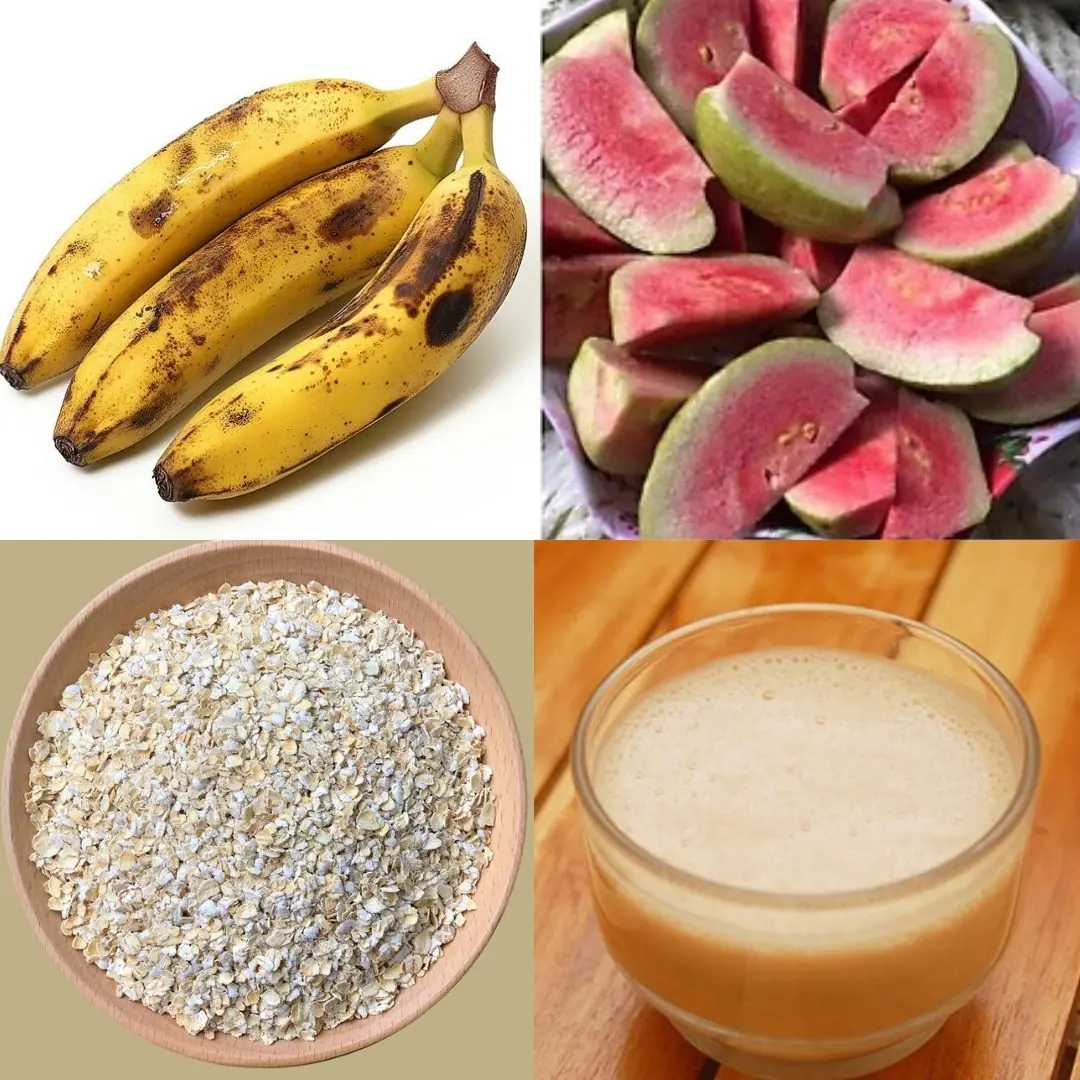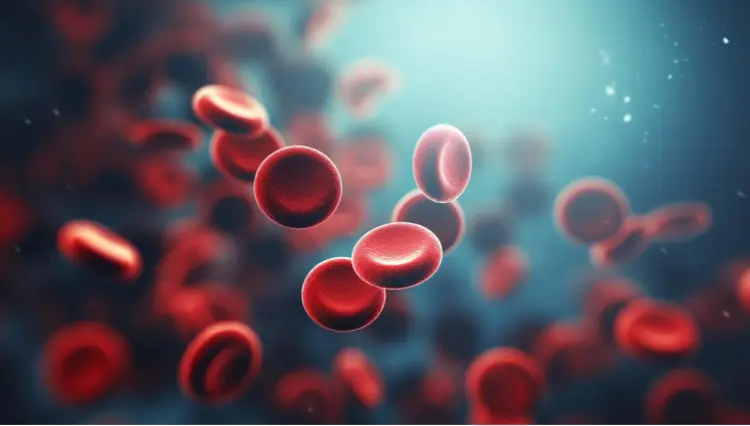
10 of The Worst Foods For Arthritis
Living with arthritis isn’t easy. The pain, stiffness, and limited mobility can make even simple tasks challenging. Knowing the worst foods for arthritis can be a game-changer in your management strategy. While medication plays a crucial role in controlling symptoms, what you eat can significantly impact how you feel day-to-day. Ever noticed your joints feel more swollen after certain meals? That’s not just a coincidence. Food and inflammation are closely linked, and some items in your pantry might be silently worsening your arthritis symptoms.
The Surprising Connection Between Your Plate and Your Pain

When arthritis flares up, inflammation is the culprit behind your discomfort. Certain foods can trigger or worsen this inflammatory response, essentially adding fuel to the fire that’s already burning in your joints. The good news? By identifying and limiting these inflammatory foods, you might experience less pain and better mobility. Small dietary changes can lead to noticeable improvements in how you feel. Let’s break down the 10 worst foods for arthritis that you should consider limiting or avoiding in your daily diet.
1. The Sweet Saboteur: Processed Sugar

Sugar isn’t just bad for your waistline, it’s terrible for your joints too. Cookies, candies, and sodas cause your body to release inflammatory messengers called cytokines. The Arthritis Foundation warns that “Sugar triggers inflammation in the body. Plus, sugar is linked to obesity, a condition marked by low-grade, chronic inflammation and a risk factor for RA and OA.” Research has found that cutting back on sugar often reduces arthritis symptoms. Next time you’re craving something sweet, maybe reach for some fresh berries instead of processed treats.
2. The White Bread Betrayal: Refined Carbohydrates

White bread, pasta, and pastries might be comfort foods, but they don’t offer much comfort to your joints. These refined carbs break down quickly into sugar in your body, triggering that same inflammatory response. Try switching to whole-grain alternatives. They’re not only better for inflammation but provide more nutrients and fiber too.
3. Crispy Culprits: Fried and Processed Foods

French fries, chicken nuggets, and other fried goodies contain advanced glycation end products (AGEs), harmful compounds that build up in the body over time and promote inflammation. Arthritis Care Australia explains, “Processed foods contain high levels of sugar, salt, preservatives and flavor enhancers, which aggravate joint inflammation in those who suffer from arthritis. Avoid deep-fried foods, commercially baked goods, and prepackaged meals.” These convenience foods also often contain trans fats, which are particularly problematic for people with arthritis.
4. Oil Overload: Omega-6 Fatty Acids (in excess)

Our bodies need some omega-6 fatty acids, but the typical Western diet contains far too many compared to anti-inflammatory omega-3s. This imbalance can worsen inflammation. Common sources include corn, sunflower, and soybean oils, ingredients found in most processed and packaged foods. Check those labels!
5. The Meat Dilemma: Red and Processed Meats

That juicy steak or morning bacon might taste amazing, but they can spell trouble for arthritis sufferers. Red meat contains a compound called neu5gc (N-glycolylneuraminic acid) that the body may identify as foreign, triggering an immune response. Processed meats like hot dogs, bacon, and deli meats contain chemical preservatives and high levels of advanced glycation end products that can increase inflammation.
6. Got Joint Pain? Dairy Products

For some people with arthritis, especially rheumatoid arthritis, dairy can be problematic. Certain proteins in dairy might trigger inflammation in sensitive individuals. This doesn’t affect everyone, though. If you suspect dairy might be worsening your symptoms, try eliminating it for a few weeks to see if you notice improvements.
7. The Happy Hour Hazard: Alcohol

Sometimes a glass of wine helps take the edge off arthritis pain. But in the long run, excessive alcohol consumption can worsen inflammation and might interfere with medications. Moderation is key here. If you enjoy an occasional drink, red wine contains some compounds that might have anti-inflammatory properties when consumed in small amounts.
8. Hidden Troublemakers: Artificial Additives and Preservatives

Many processed foods contain artificial additives, preservatives, and flavor enhancers that may contribute to inflammation. These chemical compounds are often hidden in packaged foods, frozen meals, dressings, and snack items. Reading labels carefully and preparing home-cooked meals with whole ingredients gives you better control over what enters your body and potentially affects your joints.
9. Garden Surprises: Nightshade Vegetables (for some people)

This one’s controversial. Tomatoes, potatoes, eggplants, and peppers belong to the nightshade family, and some arthritis sufferers report worsened symptoms after eating them. The Arthritis Foundation states “Some people with arthritis swear that nightshade vegetables like tomatoes, potatoes, eggplants, and peppers worsen their symptoms. While there’s limited scientific evidence to support this claim, eliminating nightshades is an option if you think they trigger arthritis pain.” Scientific evidence is mixed, but if you notice a pattern between eating these vegetables and increased pain, you might consider limiting them to see if it helps.
Read More: 10 Home Remedies for Joint Pain and Arthritis
10. The Gluten Question

For people with celiac disease or gluten sensitivity, gluten can trigger inflammation throughout the body, including the joints. Even without celiac disease, some arthritis patients report improvement when avoiding gluten. Consider tracking your symptoms after consuming wheat, barley, and rye products to determine if they affect your arthritis.
Baby Steps: Making Sustainable Changes to Your Diet

Feeling overwhelmed? Don’t worry about eliminating everything at once. Start by keeping a food journal to identify personal triggers. Maybe you’ll discover that some foods on this list don’t affect your symptoms as much as others. The Arthritis Foundation recommends: “The best diet for arthritis includes foods that help maintain a healthy weight and fight inflammation. A Mediterranean-style eating pattern fits the bill because it’s high in fruits, vegetables, fish, and whole grains—and studies confirm it can lower inflammation in the body.” Remember that everyone’s body responds differently.
Inflammation Fighters: What Should You Eat Instead?

While avoiding inflammatory foods is important, focusing on what you should eat is equally valuable. Anti-inflammatory options include: Fatty fish rich in omega-3s (salmon, sardines, mackerel) should be high on your list. Colorful fruits and vegetables (berries, leafy greens, broccoli) provide antioxidants that fight inflammation. Nuts and seeds (walnuts, flaxseeds, chia seeds) offer healthy fats that help reduce joint pain. Olive oil makes an excellent cooking base with its anti-inflammatory properties. And don’t forget about turmeric and ginger, two powerful spices that have been used for centuries to reduce inflammation and pain.
Your Plate, Your Power: The Bottom Line

Managing arthritis requires a multifaceted approach. Medication, exercise, stress management, and diet all play important roles. By being mindful of these worst foods for arthritis and incorporating more anti-inflammatory options into your meals, you might find significant relief from your symptoms. Remember that dietary changes typically show results over time, not overnight. Be patient with your body as you make adjustments.
News in the same category

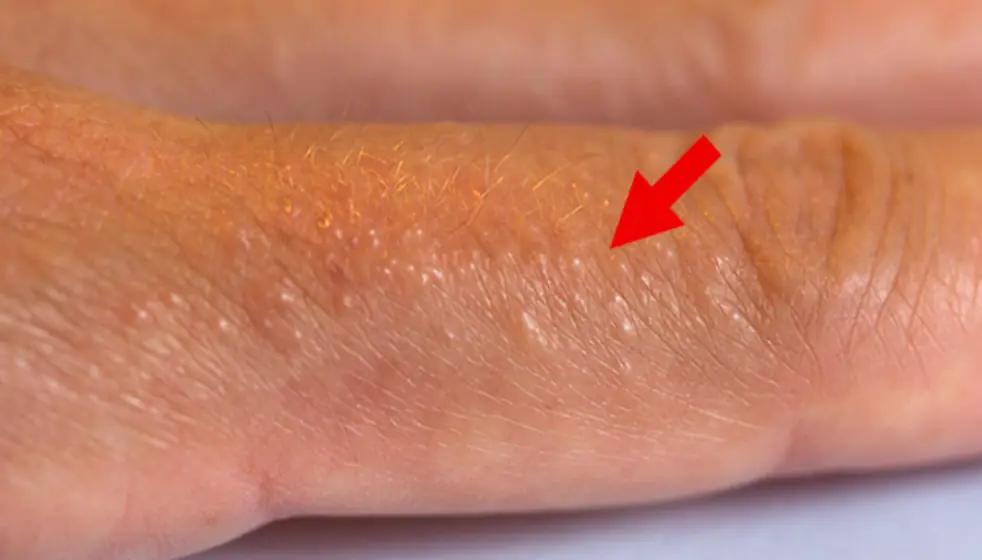
If You See These Painful Red Bumps, You May Have Dyshidrotic Eczema

My Greedy In-Laws Tried to Get Rid of Our Sick Mom, but She Brilliantly Taught Them a Lesson

I Got Back from a Work Trip and Found My House Completely Empty
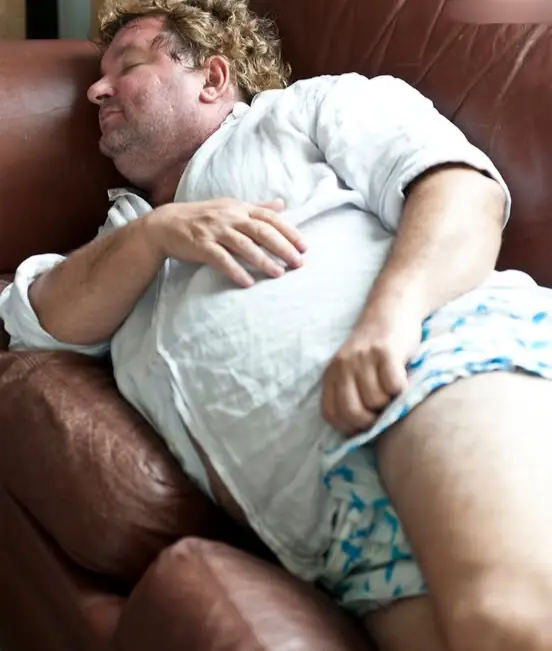
3 Eye-Opening Stories About Husbands Who Didn't Appreciate Their Devoted Wives – And the Important Lessons They Learn in the End

14 Fish You Should Consider Never Eating

40+ Weird Signs That Lead To a Cancer Diagnosis

NASA’s Mars Rover Uncovers Mysterious Spheres On The Planet’s Surface, Leaving Experts Baffled

Depressing find at the bottom of the Mariana Trench is a warning to the world

People Freaked Out After Spotting Creepy Hidden Face in Group Photo

This One Everyday Habit Is Draining Your Electricity Bill — And No One Talks About It

Why Do Cars Have Gas Tanks on Different Sides?

Panic attacks and anxiety are linked to certain vitamin and mineral deficiencies

Understanding a Cat’s Behavior: Why Does It Rub and Scratch Against You?

10 Foods That You Should Eat Daily For Clean Arteries

Bed Scarves: What Are They and Why Do You Need One?

7 Early Warning Signs of High Blood Sugar

My Ex-wife Demands That I Give the Money I Saved for Our Late Son to Her Stepson – My Answer Shocked Her and Her New Husband

We Postponed Our Wedding Because of My Fiancé's Business Trip, but I Accidentally Saw Him in Town That Same Day
News Post
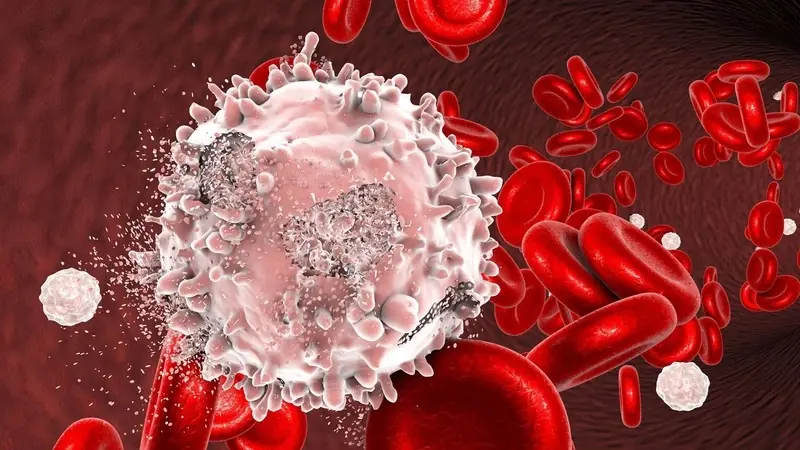
A 36-Year-Old Man's Blood Turned Milky Like Pork Fat Due to a Habit Many People Do at Least Three Times a Day

Warning: If You Notice This Sign in Your Body, Go to the Hospital Immediately or It May Be Late-Stage Nasopharyngeal Cancer

Chipotle Ranch Grilled Chicken Burrito

Self-Checking for Thyroid Cancer at Home with a Glass of Water: Thanks to That, I Discovered the Disease Early and It Was Easier to Treat

She Couldn’t Walk and Now Runs Like a Teenager!

🧄🌿 Kills Sore Throat and Inflammation – Cloves: Nature’s Antibiotic!

Crockpot Chicken and Noodles

🌟 Homemade Caramel Frappuccino 🥤: A Sweet, Creamy Coffee Treat You Can Make at Home!

Don’t Eat Avocado Until You Know These 9 Things

Attention, Parents! You May Want To Save Your Children’s Baby Teeth

If You See These Painful Red Bumps, You May Have Dyshidrotic Eczema

The Best Pound Cake Ever: A Symphony of Flavors 🎂

Crispy Breaded Mushrooms: A Golden, Crunchy Delight
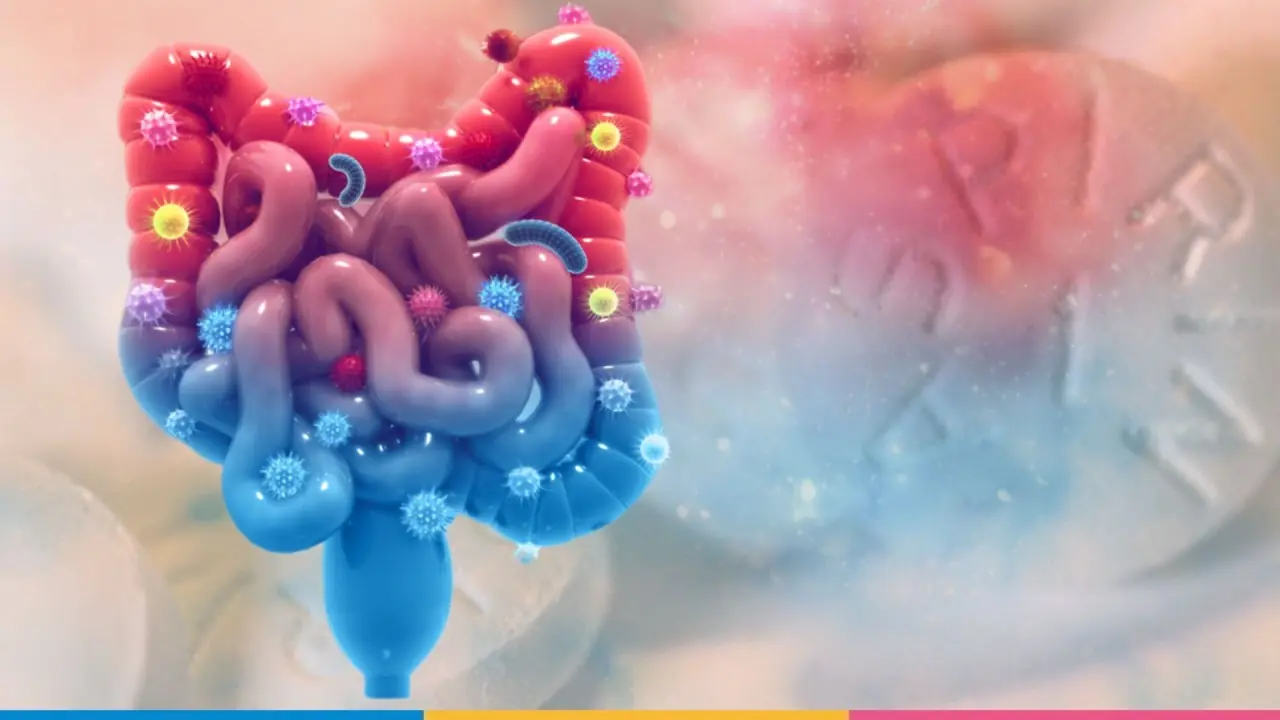
Low Vitamin D and Colorectal Cancer: What You Need to Know to Stay Protected
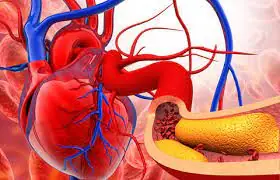
Understanding Cholesterol: The Good, the Bad, and How It Affects Your Heart
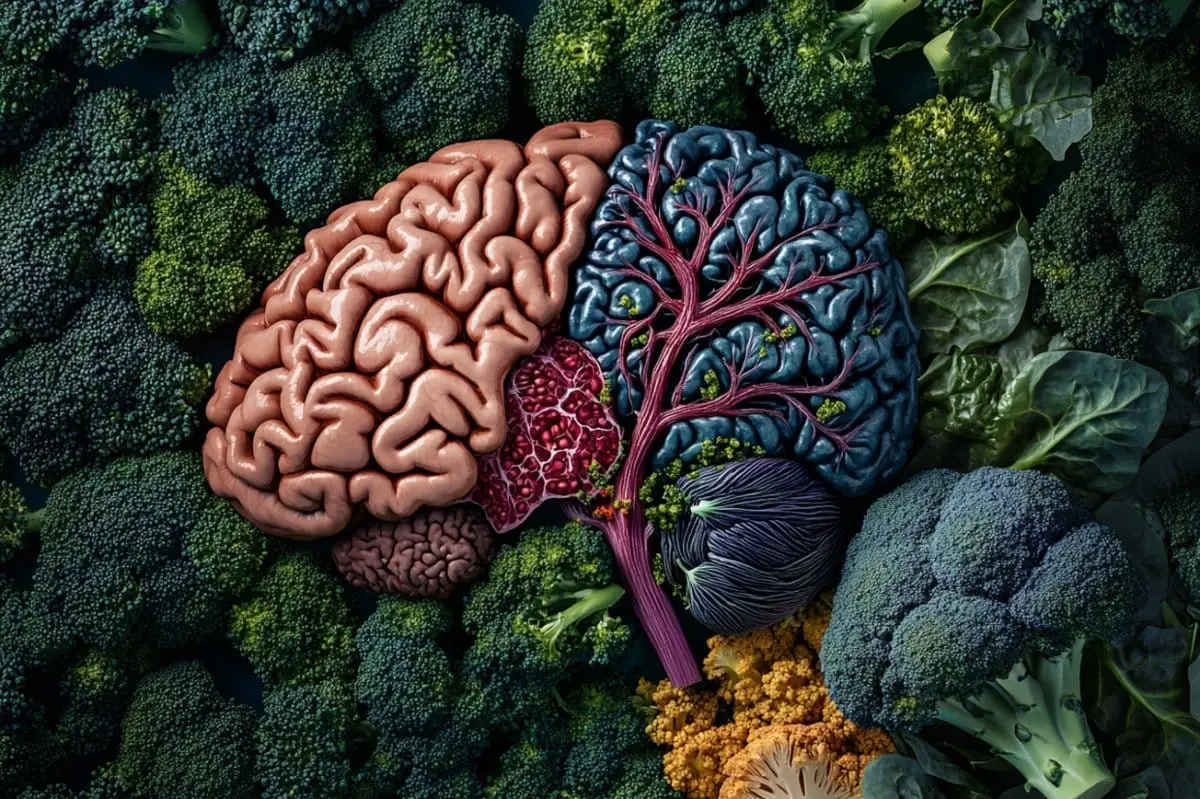
The Surprising Link Between Vitamin K and Brain Health: What New Research Reveals

Creamy Strawberry Shortcake Dip

Homemade Vanilla Dessert Cream
